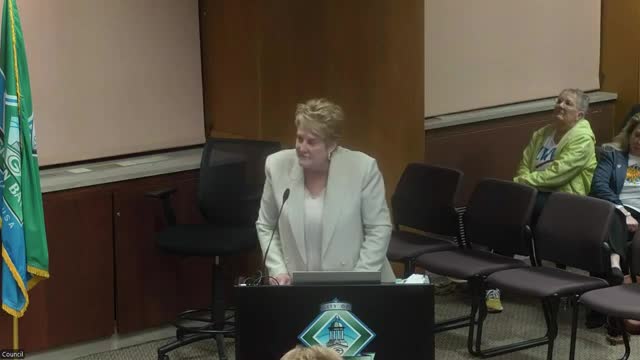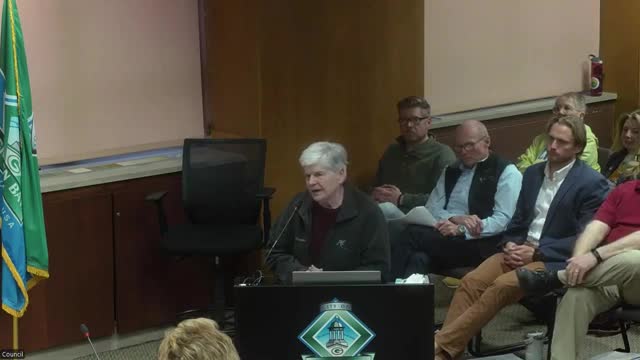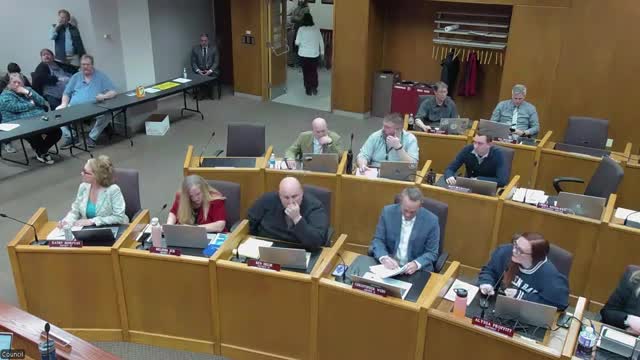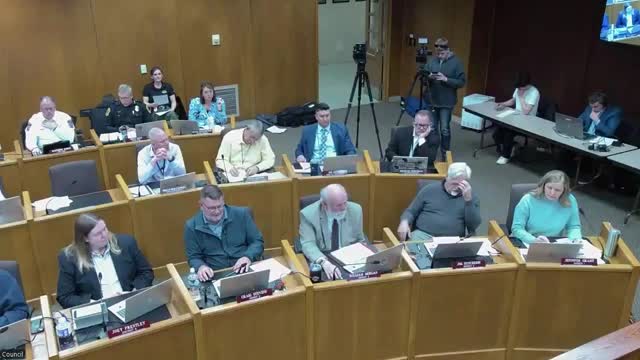Article not found
This article is no longer available. But don't worry—we've gathered other articles that discuss the same topic.

Council authorizes removal of St. John’s Park playground equipment and calls for master plan

Council orders informational tax‑bill line showing Green Bay levy tied to private school vouchers

Council doubles hourly ramp rates for three draft days to cover staffing and security costs

